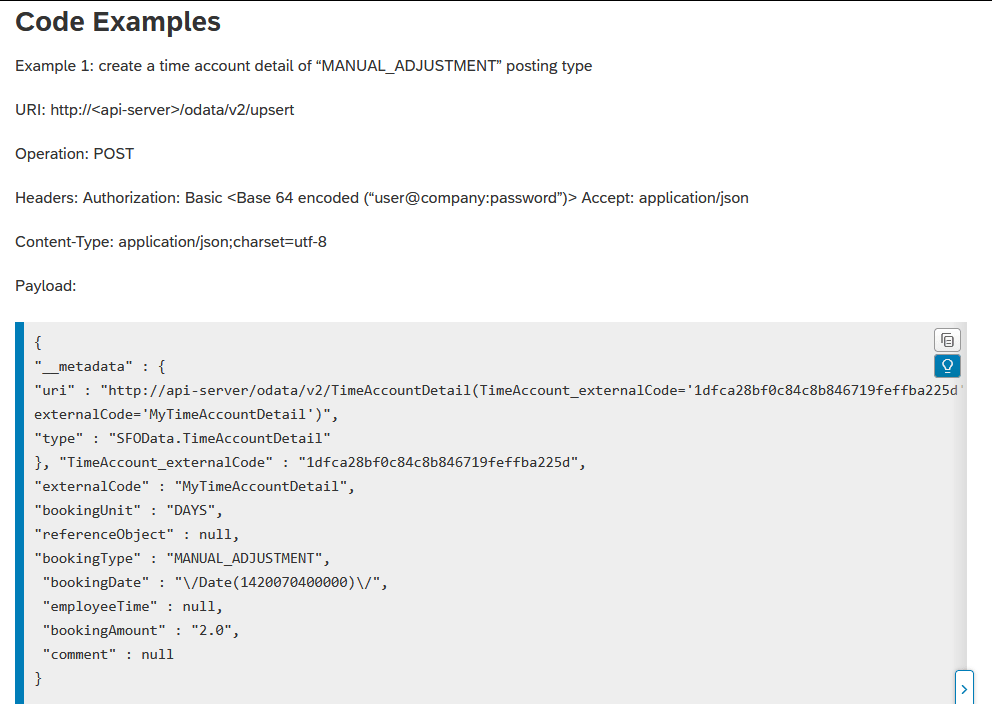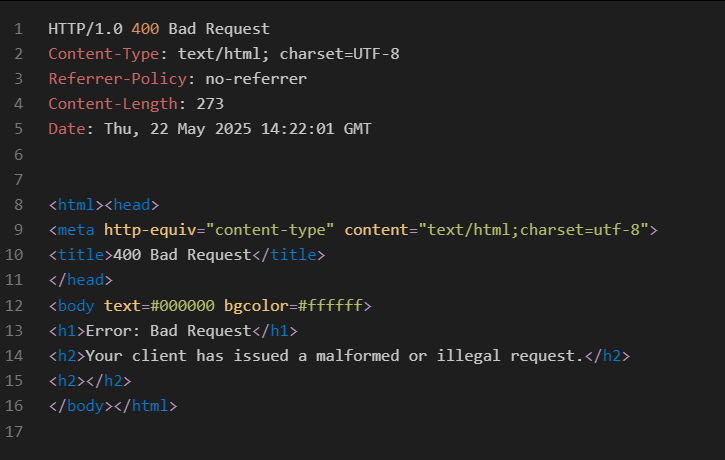These are my notes while doing the course APIs and Microservices on https://www.freecodecamp.org. I highly recommend it if you prefer to try things directly rather than watching videos.
Timestamp Microservice
https://repl.it/@nocin/boilerplate-project-timestamp#server.js
app.get("/api/timestamp/", (req, res) => {
res.json({ unix: Date.now(), utc: Date() });
});
app.get("/api/timestamp/:date?", (req, res) => {
//utc date?
let date = new Date(req.params.date)
if (date != "Invalid Date") {
res.json({unix: date.getTime(), utc: date.toUTCString()});
}
//unix timestamp?
const dateInt = parseInt(req.params.date);
date = new Date(dateInt).toUTCString();
if (date != "Invalid Date") {
res.json({unix: dateInt, utc: date});
}
//invalid input
res.json({ error: date });
});
Request Header Parser Microservice
https://repl.it/@nocin/boilerplate-project-headerparser#server.js
https://www.npmjs.com/package/express-useragent
https://www.npmjs.com/package/express-request-language
var useragent = require('express-useragent');
var cookieParser = require('cookie-parser');
var requestLanguage = require('express-request-language');
// stuff...
app.use(useragent.express());
app.use(cookieParser());
app.use(requestLanguage({
languages: ['en-US', 'zh-CN'],
cookie: {
name: 'language',
options: { maxAge: 24*3600*1000 },
url: '/languages/{language}'
}
}));
app.get("/api/whoami", (req, res) => {
res.json({"ipaddress": req.ip,
"language": req.language,
"software": req.useragent.source });
});
URL Shortener Microservice
https://repl.it/@nocin/boilerplate-project-urlshortener#server.js
require('dotenv').config();
const express = require('express');
const cors = require('cors');
const app = express();
const bodyParser = require('body-parser');
const dns = require('dns');
// Basic Configuration
const port = process.env.PORT || 3000;
app.use(cors());
app.use('/public', express.static(`${process.cwd()}/public`));
app.get('/', function(req, res) {
res.sendFile(process.cwd() + '/views/index.html');
});
app.use(bodyParser.urlencoded({extended: false}));
let urls = [];
//POST
app.post("/api/shorturl/new", function(req, res) {
const getHostnameFromRegex = (url) => {
// run against regex
const matches = url.match(/^https?\:\/\/([^\/?#]+)(?:[\/?#]|$)/i);
// extract hostname (will be null if no match is found)
return matches && matches[1];
}
hostname = getHostnameFromRegex(req.body.url);
console.log("Hostname: " + hostname);
// if no hostname found, return here
if (!hostname) res.json({ error: 'invalid url' });
// check if url is valid
dns.lookup(hostname, (error, addresses) => {
console.error(error);
console.log(addresses);
if (!error) {
let newUrl = { original_url : req.body.url, short_url : urls.length + 1};
urls.push(newUrl);
res.json(newUrl);
} else {
res.json({ error: 'invalid url' });
}
});
});
//GET
app.get('/api/shorturl/:num', function(req, res) {
for (let i = 0; i < urls.length; i++) {
console.log(urls[i].original_url);
if (urls[i].short_url == req.params.num) {
res.redirect(urls[i].original_url);
}
}
});
app.listen(port, function() {
console.log(`Listening on port ${port}`);
});
Exercise Tracker
https://repl.it/@nocin/boilerplate-project-exercisetracker#server.js
const express = require('express')
const app = express()
const cors = require('cors')
require('dotenv').config()
const bodyParser = require('body-parser');
const mongoose = require('mongoose');
app.use(cors())
app.use(express.static('public'))
app.get('/', (req, res) => {
res.sendFile(__dirname + '/views/index.html')
});
const listener = app.listen(process.env.PORT || 3000, () => {
console.log('Your app is listening on port ' + listener.address().port)
})
//BodyParser
app.use(bodyParser.urlencoded({ extended: false }));
//DB connect
mongoose.connect(process.env.MONGO_URI, { useNewUrlParser: true, useUnifiedTopology: true });
const { Schema } = mongoose;
//User Schema
const userSchema = new Schema({
username: { type: String, required: true },
});
const User = mongoose.model("User", userSchema);
//Exercise Schema
const exerciseSchema = new Schema({
userId: Schema.Types.ObjectId,
description: { type: String, required: true },
duration: { type: Number, required: true },
date: { type: Date, default: Date.now }
});
const Exercise = mongoose.model("Exercise", exerciseSchema);
//POST user to DB
app.post("/api/exercise/new-user", (req, res) => {
let user = new User({ username: req.body.username });
user.save((err, data) => {
//console.log("created User: " + data);
if (err) return console.error(err);
res.json({ username: data.username, _id: data._id });
});
});
//GET all users from DB
app.get("/api/exercise/users", (req, res) => {
User.find((err, usersFound) => {
if (err) return console.error(err);
//console.error("users found: " + usersFound);
res.json(usersFound);
})
});
//POST exercise form data
app.post("/api/exercise/add", (req, res) => {
let exercise = new Exercise({
userId: req.body.userId,
description: req.body.description,
duration: req.body.duration,
date: req.body.date ? req.body.date : Date.now()
});
exercise.save((err, data) => {
//console.log("created exercise: " + data);
if (err) return console.error(err);
User.findById(exercise.userId, (err, userFound) => {
if (err) return console.error(err);
//console.log("userFound " + userFound.username);
res.json({
_id: data.userId,
username: userFound.username,
date: data.date.toDateString(),
duration: data.duration,
description: data.description
});
});
});
});
//GET exercise log
app.get("/api/exercise/log", (req, res) => {
console.log(req.query.userId);
console.log(req.query.from);
console.log(req.query.to);
console.log(req.query.limit);
let userId = req.query.userId;
let limit = Number(req.query.limit);
//create query filter
let filter = {};
filter.userId = userId;
if (req.query.from && req.query.to) {
let fromDate = new Date(req.query.from);
let toDate = new Date(req.query.to);
filter.date = { $gte: fromDate, $lte: toDate };
}
console.log("Filter " + JSON.stringify(filter));
const queryExercises = (done) => {
Exercise.find(filter)
.limit(limit)
.exec((err, exercices) => {
if (err) return console.error(err);
done(exercices);
})
};
const paseExercises = (exercices) => {
let logArray = [];
for (let i = 0; i < exercices.length; i++) {
var obj = exercices[i];
logArray.push({
description: obj.description,
duration: obj.duration,
date: obj.date.toDateString()
});
}
console.log(logArray);
User.findById(userId, (err, userFound) => {
if (err) return console.error(err);
let logger = {
_id: userId,
username: userFound.username,
count: logArray.length,
log: logArray
};
res.json(logger);
});
}
//Execute Query
queryExercises(paseExercises);
});
File Metadata Microservice
https://repl.it/@nocin/boilerplate-project-filemetadata#server.js
https://www.npmjs.com/package/multer
var express = require('express');
var cors = require('cors');
require('dotenv').config()
var multer = require('multer')
var upload = multer({ dest: 'uploads/' });
var app = express();
app.use(cors());
app.use('/public', express.static(process.cwd() + '/public'));
app.get('/', function (req, res) {
res.sendFile(process.cwd() + '/views/index.html');
});
const port = process.env.PORT || 3000;
app.listen(port, function () {
console.log('Your app is listening on port ' + port)
});
//POST
app.post('/api/fileanalyse', upload.single('upfile'), (req, res, next) => {
res.json({ name: req.file.originalname, type: req.file.mimetype, size: req.file.size });
})


